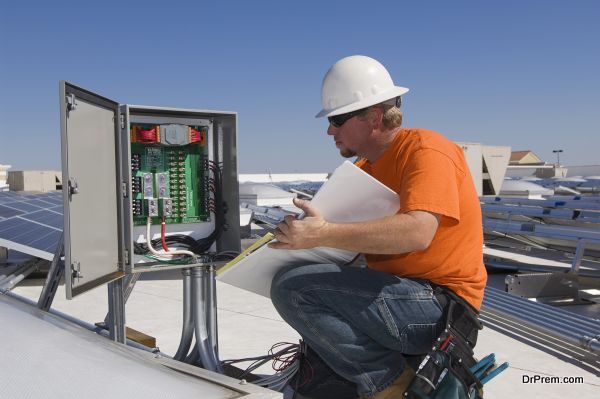Over the last two decades or so, there has been a major push for everyone to adopt as many energy efficient appliances and practices as possible and do whatever they can to reduce their carbon footprint. Even the Department of Energy prioritizes energy conservation by putting out standards for everything from household appliances to commercial and industrial transformers.
On the surface, the push for energy efficiency makes sense, especially when the grid is at risk during times of peak heat in certain areas, like Florida and Texas. However, not everything labeled “energy efficient” is, in fact, energy efficient.
As many people are finding out, buying a house full of energy efficient appliances doesn’t really make any difference in their electricity bills, even when rates remain stable. Based on reports, it seems like energy efficiency is something better achieved by large equipment. For example, a well-made transformer can reduce energy loss significantly compared to a poorly made unit. That same level of energy conservation is much harder to achieve with smaller appliances, like dishwashers and washing machines.
Energy Efficient Appliances Don’t Really Conserve Energy
When you see them in the store or being advertised, energy efficient appliances sound like a great idea, even though they cost more upfront than standard appliances. They are marketed based on the assertion that they use less energy and will therefore reduce your electric bills. However, when put to the test, they fail to live up to this claim.
WTNH News8 Investigators interviewed a few people who were extremely disappointed after buying government-tested Energy Star appliances. One man said he has an Energy Star dishwasher, oven, refrigerator, dishwasher, air conditioner, television, and lights, and his monthly energy bill remained the same. Another man bought an energy efficient refrigerator and said his bill hadn’t come down at all in 6-7 months. They’re not alone. People all over are realizing they aren’t saving any money or energy using these expensive appliances.
To test it out for themselves, the WTNH News8 reporters bought some energy efficient appliances of their own and connected them to meters to measure energy consumption. They found no discernible difference in energy usage between standard appliances and the energy efficient appliances. They also interviewed an economist who performed a two-year study on Energy Star appliances and found that the labels provided by the FTC that state the estimated yearly operating costs are all based on national averages, which almost never reflect actual energy costs for anyone.
With such a rigorous process for testing, you’d think Energy Star appliances would live up to the hype, but they don’t.
What About Smart Thermostats?
It’s said that smart thermostats are a great way to conserve energy and lower heating and cooling bills. However, they do the same thing as any other programmable thermostat with one exception – you can control your thermostat through an app. Technically, the only reason to get a smart thermostat is if you need to change the temperature without being near your actual thermostat.
While it’s true that running your air conditioner at a higher temperature uses less energy, hardly anyone benefits from that. Would you rather control the temperature until you feel good, or set your A/C high and tough it out in the hot summer?
It’s recommended to keep air conditioners set at 72°F and even 78°F, but in the hot summer, you won’t feel cool unless it’s at least 68°F. Most people disregard this recommendation anyway, and the only places you’ll find a thermostat set to 72°F and above are retail and corporate spaces.
Smart thermometers are a great way to control the temperature in your house while you’re away from home, like if you need to heat things up in the winter to prevent frozen pipes. However, an air conditioner is always going to consume large amounts of power when it’s doing its job to keep you cool. Keeping an air conditioner running at 72°F only works in theory because hardly anyone does that.
So, Is There a Resolution?
If energy efficient appliances aren’t the answer, what’s the solution?
We live in a world where daily life depends on electricity. There’s no escaping the need for power consumption, and it doesn’t seem possible to make appliances that truly use less power. Perhaps the best way to conserve energy is to go old school. Turn off the lights and television when you leave a room, unplug unused appliances, don’t let your heater run while you’re at work, and use fewer electrical devices.
Article Submitted By Community Writer




